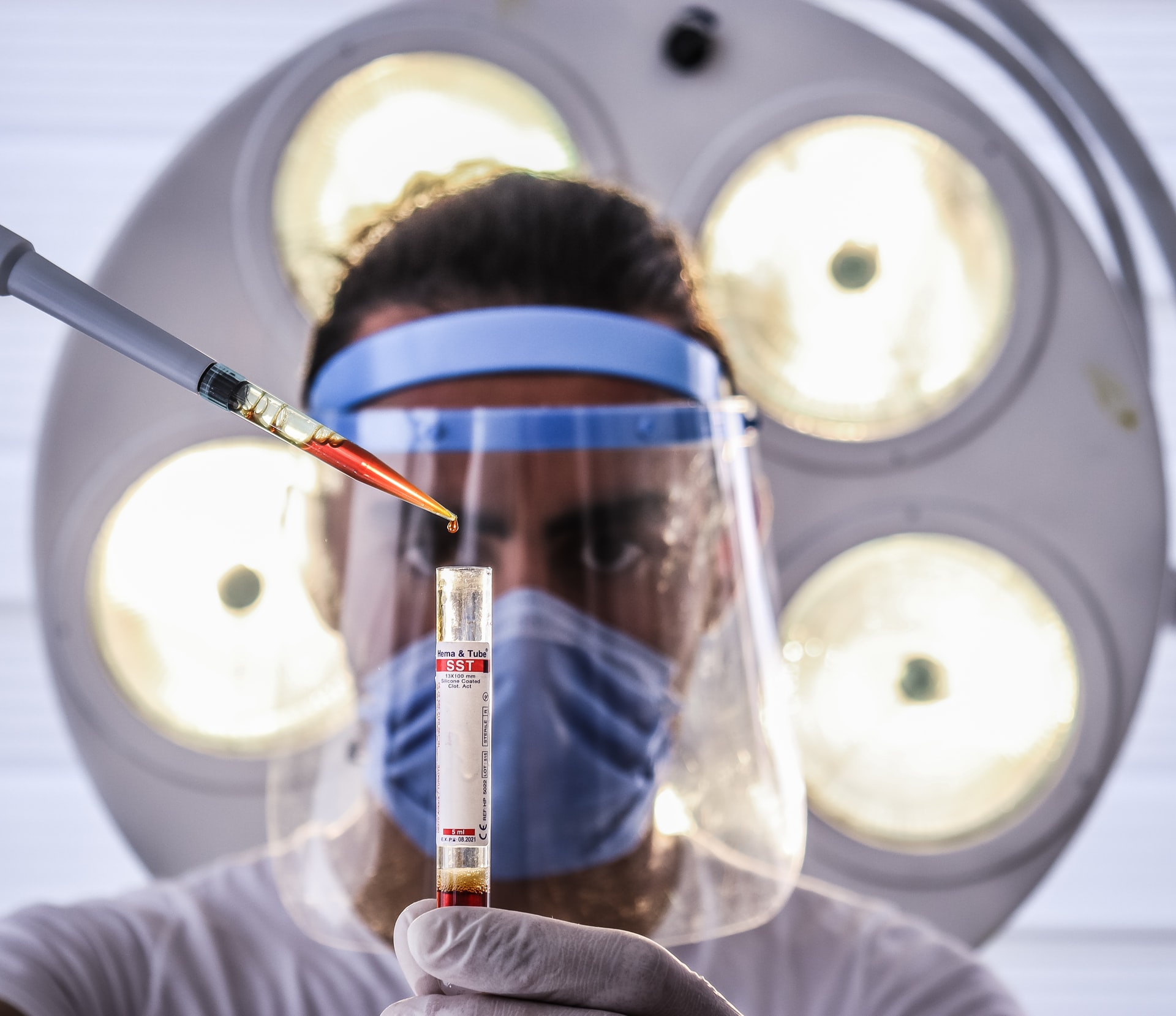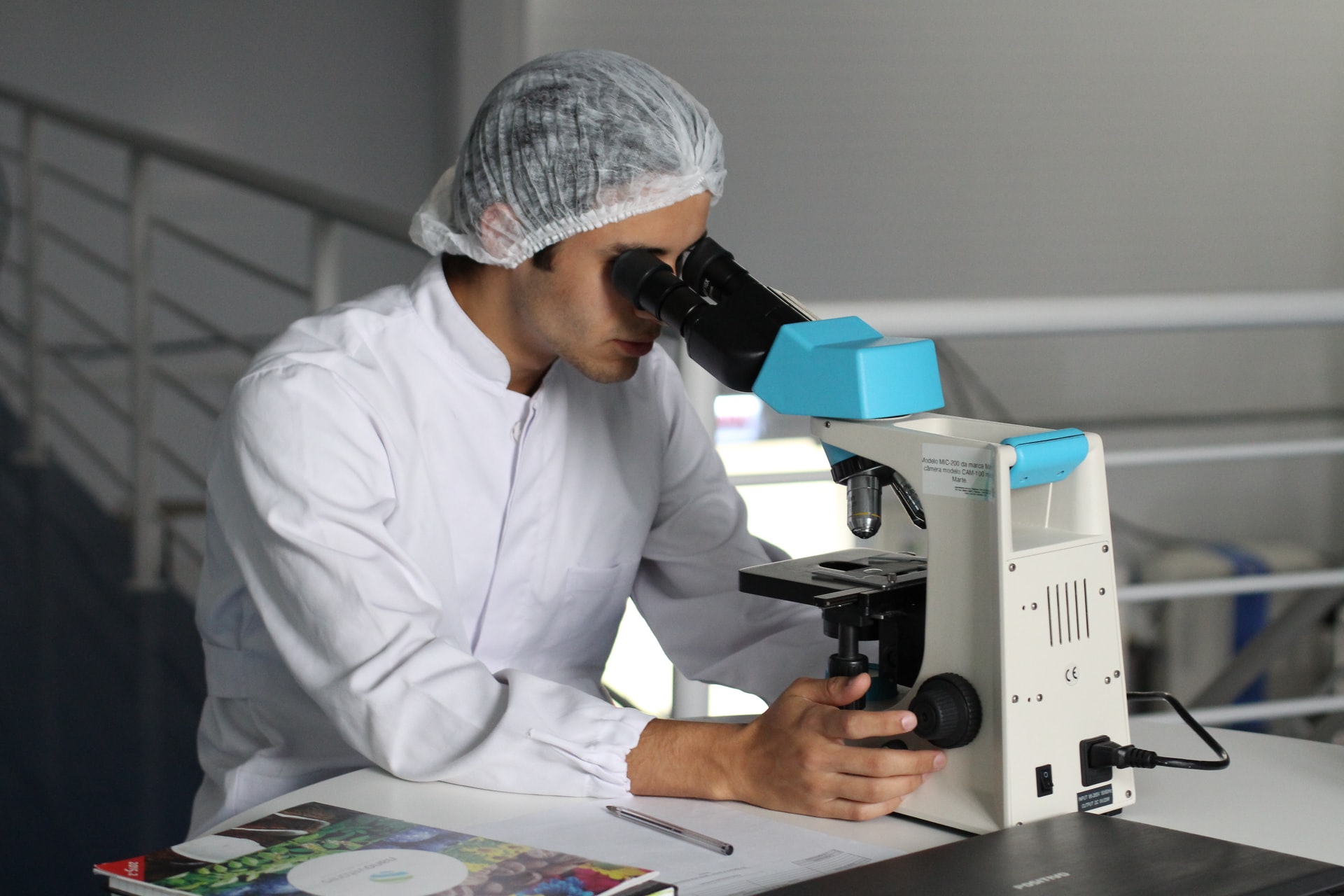Coronavirus research is growing rapidly. In fact, it is becoming a highly popular topic among researchers. The University of Hong Kong, for instance, is at the top of the list for the number of publications it has produced. Other countries such as UK and US were also at the top of the list in terms of the number of citations. This suggests that coronavirus research is making strides in the field of infectious diseases.

New advances in reverse genetics have allowed scientists to understand the determinants of viral replication and adaptation, allowing them to define what causes this human disease. Similarly, new tools in cell biology and molecular biology have made it easier to determine the role of different viral proteins and regulatory elements in coronavirus research. Although progress is still underway, several articles have been published in the past couple of years. Many coronavirus-related studies will be published in the coming years. In addition, more comprehensive investigations are expected in the future. The findings from these experiments will help us understand the mechanisms that cause them to spread and multiply in the body. This is just the beginning of the coronavirus’s pathogenesis. It is likely that more studies will continue to come out in the near future.
Coronavirus researchers are trying to determine the length of immunity a virus has after infection. By understanding the basic biology of these viruses, scientists can develop better vaccines that may be effective in combating the infection. A study has been launched by Johns Hopkins in Maryland. It aims to study how long a virus has to survive once it has been infected. The results of this study could help them to find a cure.
Coronavirus researchers are already familiar with the pathogenesis and evolution of coronaviruses. Their work has resulted in new breakthroughs in vaccines and diagnostics. During the last decade, they have also recognized that the proteinases found in these types of viruses. This could help them develop a universal vaccine against this disease. This is a great step in preventing the spread of the disease also.


